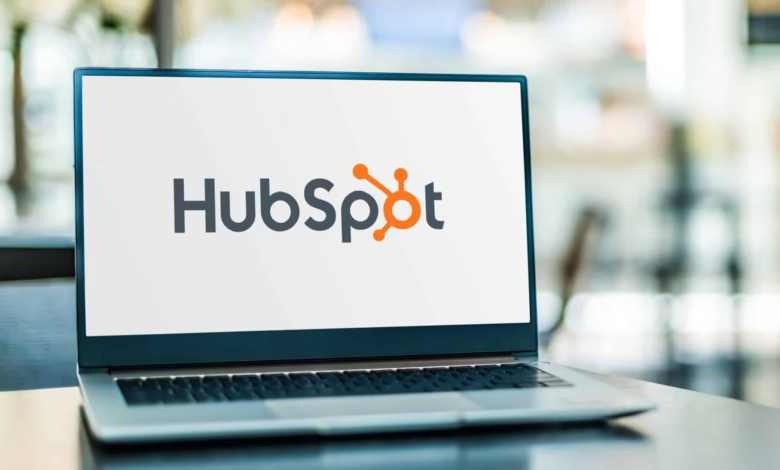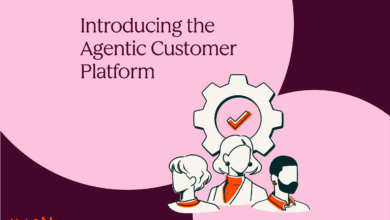HubSpot’s ChatGPT Connector Sparks Excitement and Concerns

▼ Summary
– HubSpot’s new ChatGPT research connector sparked excitement but raised data security concerns among users and martech observers.
– Some view this integration as a paradigm shift for SaaS applications and AI, despite potential risks.
– HubSpot assured users that ChatGPT won’t use customer data for training, emphasizing its commitment in the press release.
– Organizations must assess their risk tolerance and compliance policies before using the connector due to inherent data-sharing risks.
– Data quality in CRMs remains crucial, as ChatGPT’s effectiveness depends on clean, well-structured input.
HubSpot’s integration with ChatGPT has sparked both enthusiasm and apprehension among marketing professionals and tech analysts. The recent unveiling of this deep research connector promises to revolutionize how businesses leverage AI within their CRM systems, but questions linger about data privacy and security implications.
While many hail this development as a game-changer for SaaS platforms, skeptics raise valid concerns about granting AI tools access to sensitive customer information. Large language models like ChatGPT thrive on data, fueling worries about how that information might be used. HubSpot has explicitly assured users that ChatGPT won’t utilize their data for training, a critical reassurance given the company’s public status and accountability.
However, risks remain whenever customer data interacts with third-party systems. Legal and compliance teams will need to weigh these risks carefully, as organizational policies on data sharing vary widely. Companies must assess their risk tolerance before adopting this integration, ensuring they adhere to internal guidelines and regulatory requirements.
Another consideration is data quality, AI outputs are only as reliable as the inputs they receive. If a CRM contains incomplete or inconsistent information, ChatGPT’s analysis could be flawed from the start. Businesses should audit their data hygiene before relying on AI-driven insights to avoid misleading results.
The success of AI-powered initiatives often hinges on preparation. Without clean, well-structured data and clear governance policies, even the most advanced tools can fall short of expectations.
(Source: MarTech)





